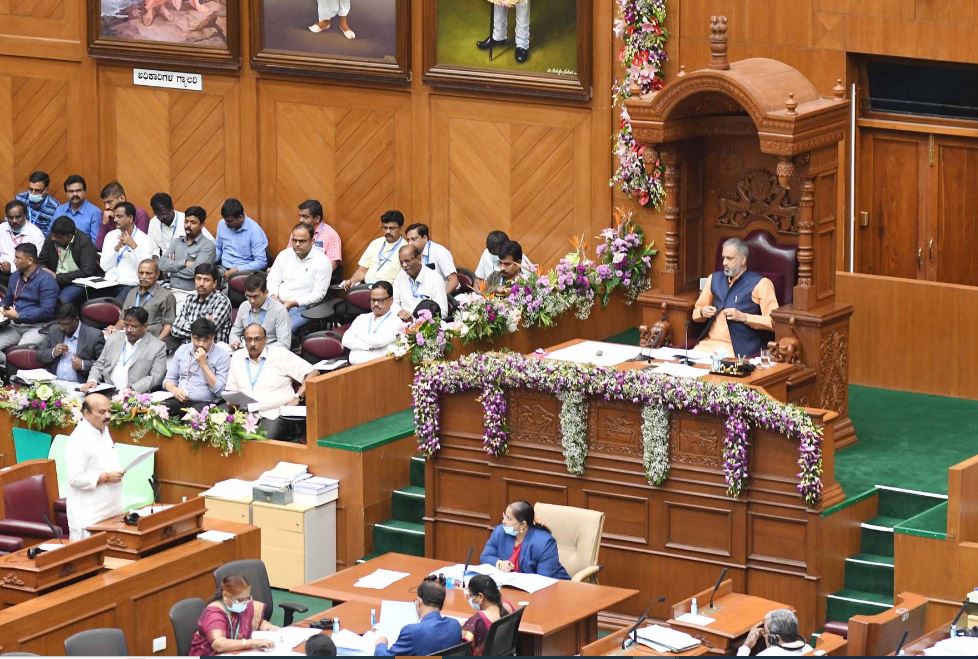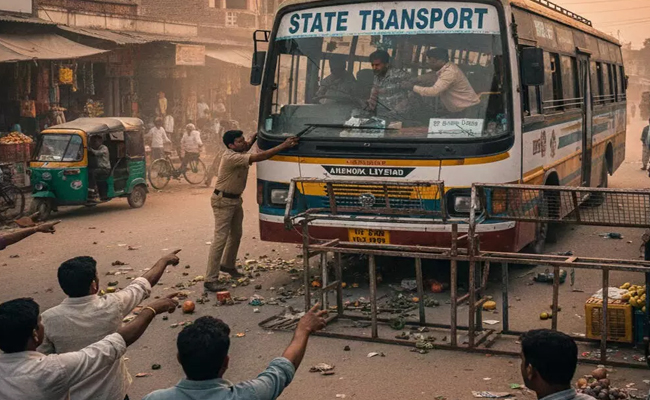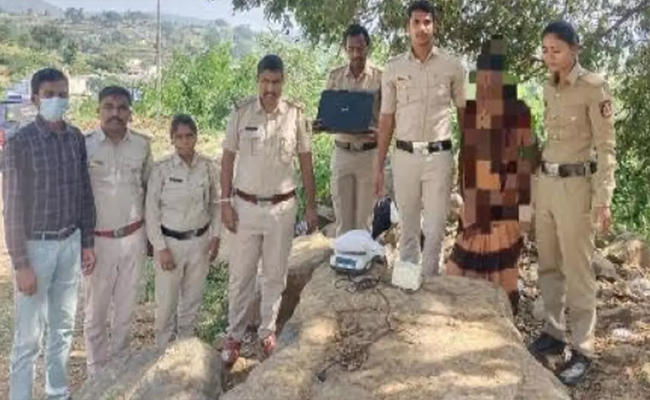Belagavi, Dec 29: The Karnataka Cabinet on Thursday decided to do away with the 3A and 3B category of the Other Backward Caste and replace them with the newly introduced 2C and 2D categories.
The Economically Weaker Section from the upper caste such as Brahmins Vaishyas and Jains will be accommodated in the newly formed 2C and 2D categories.
The decision comes amid demand by the two dominant communities of the poll-bound Karnataka the Panchamasalis of the Lingayat sect and Vokkaligas to include them in the 2A category as there were many people living in abject poverty.
"We are making only two categories one is SC/ST and another is 'Two'. We are not changing the reservation or the number of people in it in the 2A and 2B, we are creating 2C and 2D," State Law and Parliamentary Affairs Minister J C Madhuswamy briefed reporters after the Cabinet meeting.
The 2C and 2D will accommodate people who were in the 3A and 3B categories, the Minister explained.
Those who were in 3A such as Vokkaligas and others will now be in 2C and those in the 3B category such as Lingayats and others, will be in the 2D category, Madhuswamy said.
Those in the 2C and 2D will continue to avail the facilities given to them under the 3A and 3B categories, the Minister explained.
He also clarified that those in the 2A and 2B will not be touched. Their education, employment or political reservation will not be disturbed, he added.
According to him, the state government decided to do away with the 3A and 3B categories based on the recommendations of the Karnataka State Commission for Backward Classes.
"We have decided to give consent to bring the people in the Category-3 to the Category-2, which is also recommended by the KSCBC," Madhuswamy told reporters.
About the EWS, he said that the government had to make provision for the reservation for it after the constitutional amendment, which was upheld by the Supreme Court, to increase the 10 per cent reservation for the Economically Weaker Section.
The Minister explained that only those EWS who have not been covered under any reservation, can avail the quota benefit up to 10 per cent.
"We will take the EWS population based on the 2011 census to decide the reservation to be provided to them. We will be able to save the quota for the EWS because there is no community (in the EWS category) left to avail 10 per cent reservation," Madhuswamy said.
The EWS will be accommodated in the 2C or 2D category, he added.
According to the Minister, 2A are the most backward communities and 2B are moderate backward and thus they should not be touched in terms of their population for reservation.
Let the Truth be known. If you read VB and like VB, please be a VB Supporter and Help us deliver the Truth to one and all.
Bengaluru: Vidyaranyapura police have arrested four persons, including a man posing as a Police Sub-Inspector (PSI), for allegedly breaking into a house, threatening the occupants, and extorting money while wearing police uniforms.
The arrested accused have been identified as Mallikarjuna, Pramod, Vinay, and Hrithik.
Police said the accused had hatched a plan to pose as police personnel, conduct fake raids, and extort money from residents by intimidation.
ALSO READ: Bantwal police arrest two men for illegal sale of narcotics, seize two vehicles, 810 gm ganja
According to the police, Mallikarjuna had failed the PSI examination twice and later falsely projected himself as a PSI. He allegedly conducted photo shoots in his hometown, Siraguppa, wearing a police uniform, baton, cap, and shoes, claiming to be serving as a PSI in Bengaluru.
On December 7, the four accused allegedly went to the house of Naveen in the Vidyaranyapura limits, threatened him with a stick and an iron rod, and claimed they had information that he was selling ganja. Under the pretext of searching, they allegedly extorted ₹87,000 through bank transfer, ₹53,000 in cash kept in the house, and ₹2,000 from his wallet.
Following Naveen’s complaint, Vidyaranyapura police registered a case and launched an operation, leading to the arrest of all four accused. Police have seized ₹45,000 in cash and the car used to commit the crime.
Further investigation is underway.





